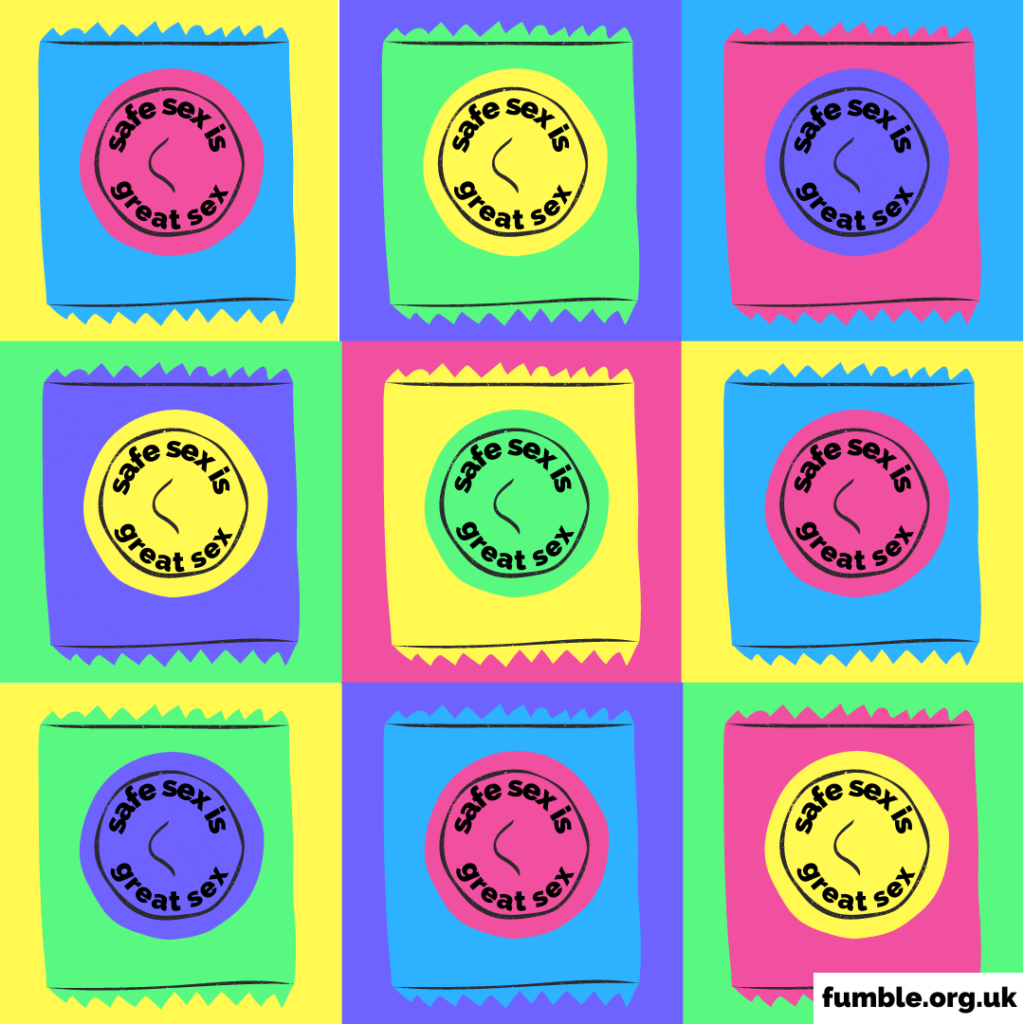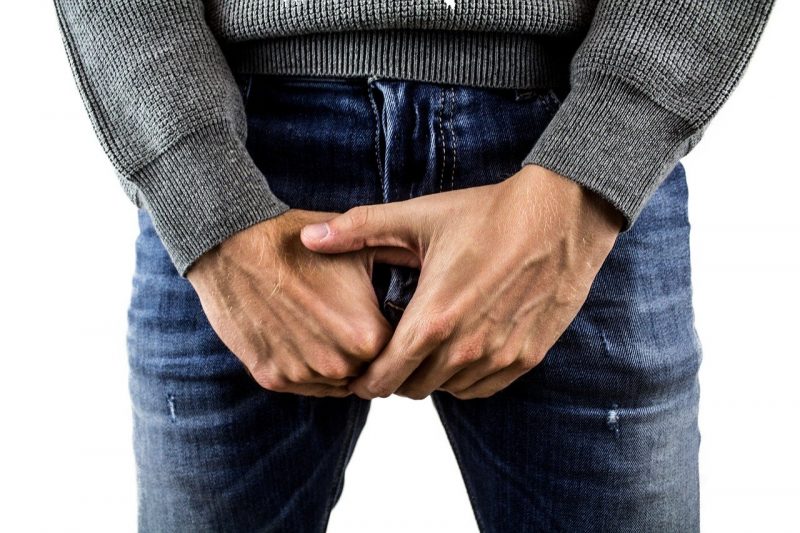Chlamydia is the most common STI in the UK, especially for under 25s, so we need to know what it is and how to keep ourselves safe
Chlamydia is a sexually transmitted infection (STI). It’s a bacterial infection and the most common STI in the UK, especially for people under 25.
How do people get chlamydia?
Chlamydia is caused by a type of bacteria that is found in semen or vaginal fluid. It can infect various parts of the body, such as the cells of the cervix, the urethra (where we urinate from), the throat, the eyes and the rectum. People pass this bacteria onto others through unprotected sexual activity:
- Anal sex
- Vaginal sex
- Oral sex
- Your genitals touching someone else’s genitals
- Sharing sex toys without using different condoms or washing them properly in between uses
Unprotected sexual activity means without barrier methods of contraception, e.g. condoms or dental dams. Chlamydia transmits through sexual body fluids, therefore people are not at risk by kissing, hugging, sharing baths, sharing towels, baths or cups, via toilet seats or in swimming pools.

What are the signs and symptoms of chlamydia?
Chlamydia is known as the ‘silent’ infection because of the lack of symptoms. 75% of women and 50% of men with the infection don’t show obvious signs they’re infected. Some people do get symptoms though. They can take a few weeks to show and include:
- Pain or a burning feeling when peeing
- Unusual or different coloured discharge from the vagina (green or yellow)
- Unusual or different coloured discharge from the tip of the penis (green, yellow or white)
- Bleeding during/after sexual activity
- Abdominal pain during vaginal sex
- Pelvic/lower abdominal pain
- Heavy periods or bleeding between periods
- Pain and swelling of the testicles
- Burning/itching around the penis
For the rectum, throat and eyes, symptoms are a bit different.
- Rectum: pain, discomfort or discharge
- Throat: no symptoms
- Eyes: conjunctivitis (also known as ‘pink eye’)
If chlamydia is left untreated, women and people with vaginas can develop pelvic inflammatory disease (PID) and suffer damage to the fallopian tubes. Men and people with penises can develop an infection in their testicles. Chlamydia can cause infertility for anyone infected, regardless of genitals. This makes it especially important to get checked out after unprotected sexual activity.
How can I check if I have chlamydia?
Grab an STI test! It’s free and there are lots of places to get one: GUM or sexual health clinics, Brook services and some GP surgeries. Find your nearest service here. There are also free home testing kits available in some parts of the UK. It’s important to note that cervical smear tests and blood tests will not detect chlamydia.

This test can be a urine test or a swab test. The clinic will advise you on which test is better for you. The urine test is a urine sample. The swab test looks like a cotton bud and collects a sample of bacteria inside the vagina or from the tip of the penis. Often, people can do a vaginal swab themselves; it may be a bit uncomfortable but not painful. If someone has had unprotected oral or anal sex, the swab may also be taken from the throat or rectum.
You should find out your results within two weeks – typically by text if the result is negative, or by phone call if the result is positive and you need treatment. If there’s a high chance the result is positive (e.g. your partner was positive), you may have treatment immediately regardless of the results.
What happens if I have chlamydia?
If your results are positive, you need treatment. For chlamydia, this means a single dose of antibiotic tablets. Avoid engaging in any sexual activity until you know you no longer have the infection as this will prevent you from passing the infection on.
You will also need to tell your previous sexual partners (from the last 6 months). This can feel nerve-wracking, but they may have the infection as well and need treatment. If it feels too difficult to talk to previous sexual partners, some clinics offer a ‘partner notification’ service that warns them of potential exposure to an STI without mentioning any names.
How do I keep myself safe from chlamydia?
Use condoms and dental dams! Condoms are a barrier method of contraception, which means they protect from STIs as well as pregnancy. We should also use condoms on sex toys, if sharing them. Dental dams are another barrier method for flat skin surfaces, like the vulva or anus.
If you’re in a relationship, take an STI test with your partner! Once you both have negative results or any necessary treatment, you don’t need to worry about protecting yourselves from STIs if you’re exclusive and/or monogamous.
There’s a lot of stigma surrounding STIs, but they’re very common and chlamydia is easily treatable. It’s just like having an ear or throat infection, which needs a diagnosis and treatment of antibiotics. There’s nothing dirty or wrong about having an STI. They’re part of being sexually active. But we do need to get tested regularly and keep ourselves safe.
Other support
- Where to get a sexual health check in the UK
- What to do if you have an STI
- How to talk about our STI status before sex
- Brook – Chlamydia
- NHS – Chlamydia
Read more
Last reviewed 8 December 2022
Image credit: Fumble



